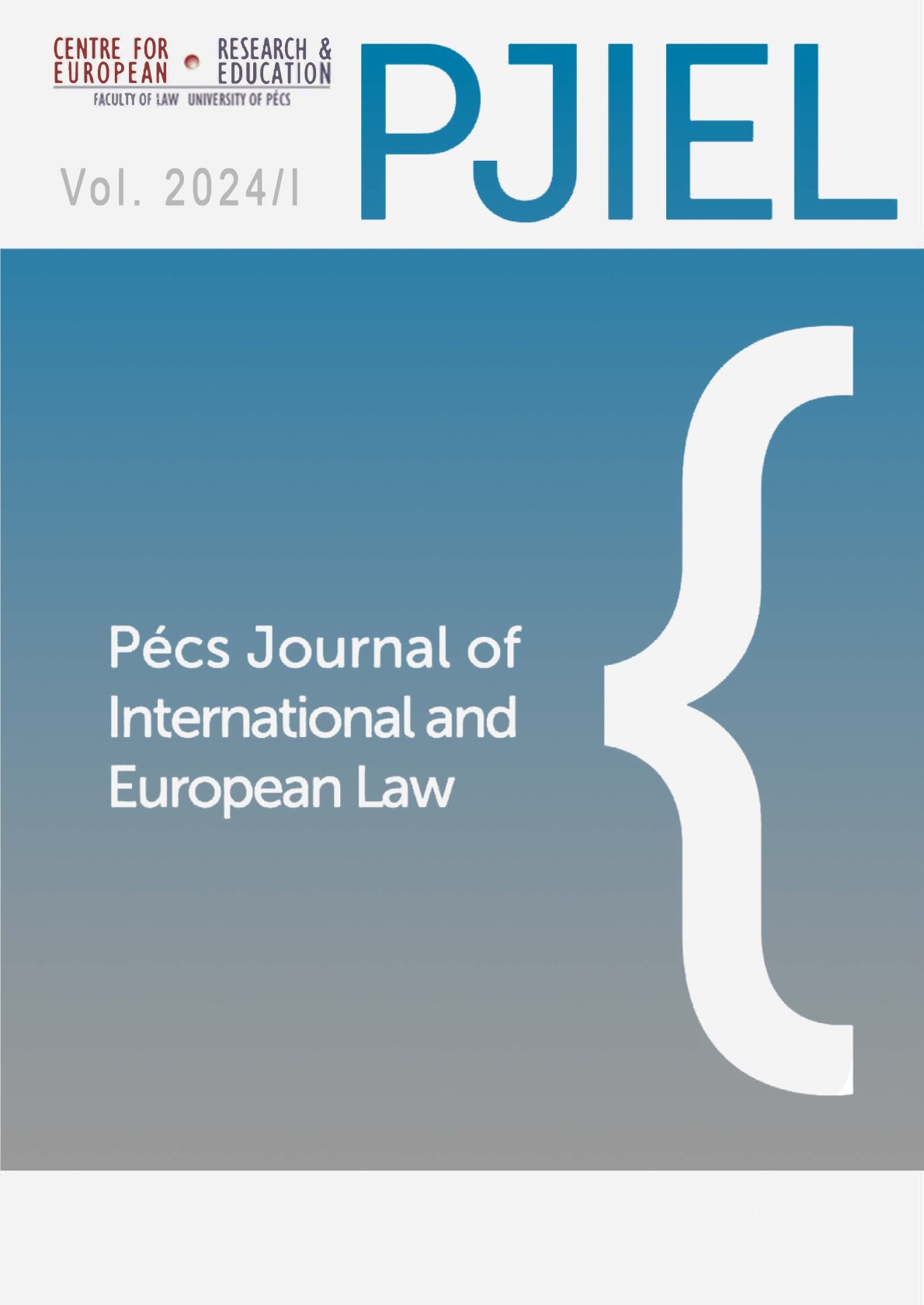Homo Digitalis in the EU and in Hungary
DOI:
https://doi.org/10.15170/PJIEL.2024.1.4Keywords:
digital citizenship, digitalization in legislation, Hungary, digital transformation, European UnionAbstract
Digitization has such a complex impact on public and private life, fundamental rights, competitiveness and public services, of which the article only examines the implementation of the EU digital transformation in Hungary. In the context of digitalisation, a significant issue is that the criteria for technical-technological standardization and legislation following the principle of democratic constitutionality differ, so Homo Digitalis is born in the midst of these contradictions. Increasing economic and social competitiveness, strengthening the well-being and legal protection of citizens in the implementation of the decades- long Digital Citizenship programs are linked in the EU strategy documents, while creation of the digital world in Hungary differs to some extent: the provisions on digitization are set out in 996 legal sources in force (November 2023) but the development of the emerging institutional, service and public funding system is incoherent, it does not adapt to the real social needs, digital literacy of citizens and digital penetration. Based on government strategies, Digital Hungarians want the e-Administration, e-Payment system and e-Identification available on their mobile phone from comfort, as they are roaming in social media according to surveys. But in the background, the Hungarian path of digital transformation differs from the principles of EU Digital Citizenship, and the new Act on digital services, adopted in December 2023 without public debate, provides the fullest possible state control on citizens, serves to collect and sell their data, in addition to selectively strengthening the ICT corporate world in the country.
Downloads
Downloads
Published
How to Cite
Issue
Section
License
Copyright (c) 2024 Pécs journal of international and European law

This work is licensed under a Creative Commons Attribution-NonCommercial-ShareAlike 4.0 International License.









